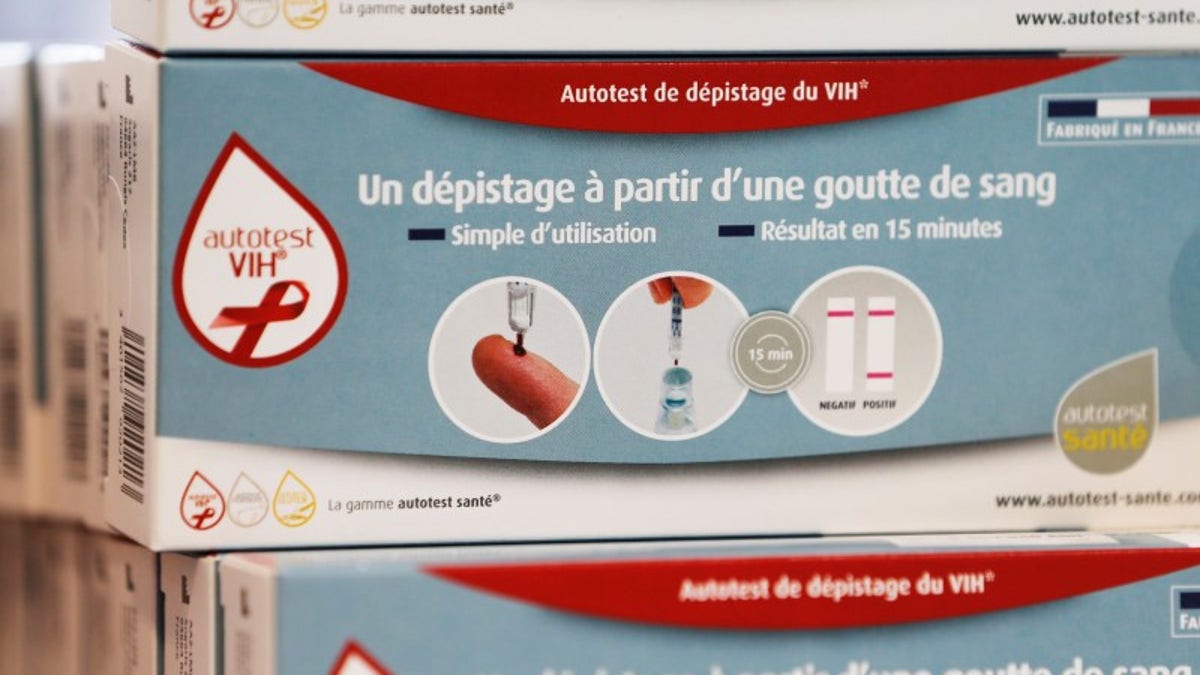
HIV self tests are displayed in a pharmacy in Bordeaux, France, September 15, 2015. REUTERS/Regis Duvignau (Copyright Reuters 2015)
The World Health Organization (WHO) said on Thursday that in 2014 it had recorded the highest number of new HIV cases in its European Region, which also includes Central Asia, since the start of reporting in the 1980s.
WHO and the European Centre for Disease Prevention and Control (ECDC) said in a statement that more than 142,000 people in WHO's European Region were diagnosed with HIV last year with the increase coming from its eastern sector which comprises 15 countries including Russia, Ukraine and Central Asia.
The statement followed publication on Tuesday of findings by the United Nations AIDS program which showed that new HIV infections overall had fallen by 35 percent since the peak of the three-decade-old pandemic in 2000.
"Heterosexual transmission is responsible for the increase in eastern Europe, and transmission through drug injection remains substantial," the joint statement by the WHO and ECDC said.
ECDC spokeswoman Caroline Daamen said "eastern Europe" referred to the eastern part of WHO's European Region, where the organizations said the number of new HIV cases had more than doubled in the past decade.
Apart from Russia, Ukraine and Central Asia, this region also includes countries of the Transcaucasus.
"In the EU and the EEA, sex between men is the predominant mode of HIV transmission. Two in three new HIV infections are among native-born Europeans," the organizations said.
In the European Union generally, the number of people diagnosed with HIV was roughly unchanged over the past decade, ECDC's Daamen said.




















